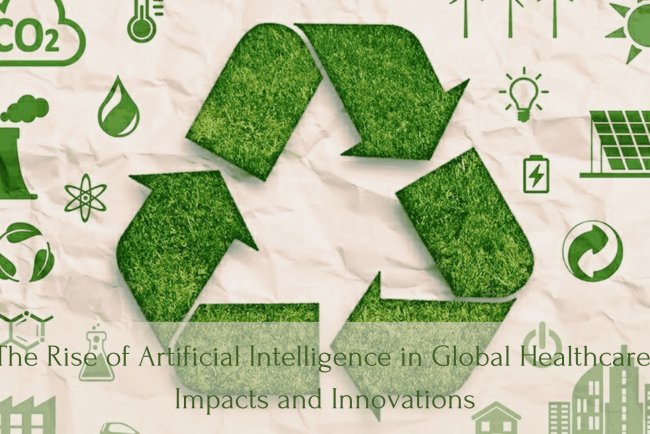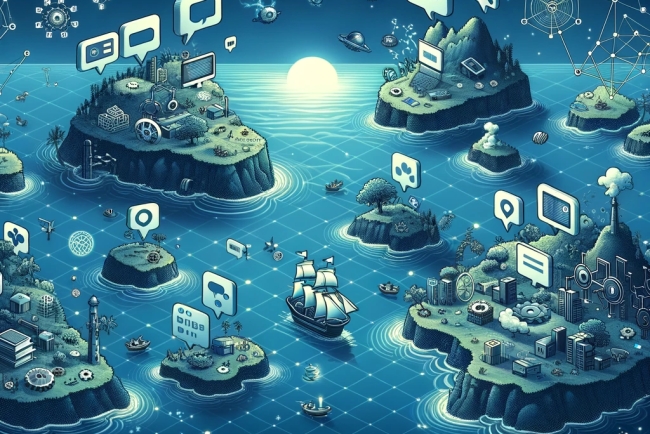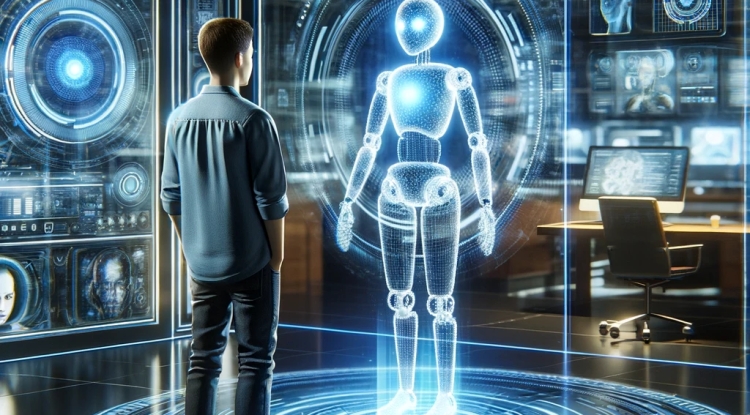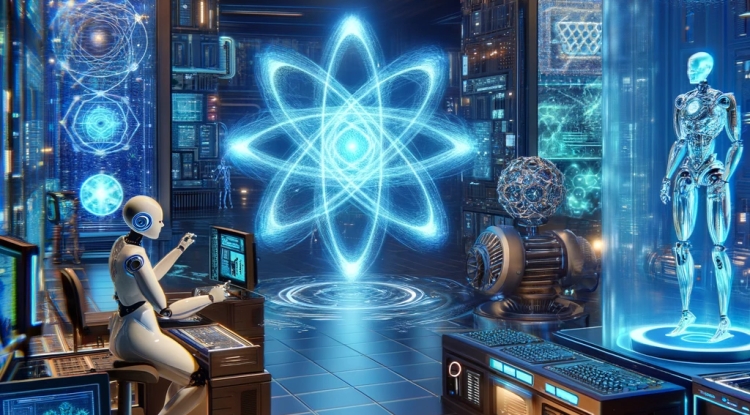AI Revolutionizing Healthcare: From Diagnosis to Treatment
explore how artificial intelligence-powered healthcare services are transforming the healthcare industry, from disease diagnosis to personalized treatment recommendations and beyond.
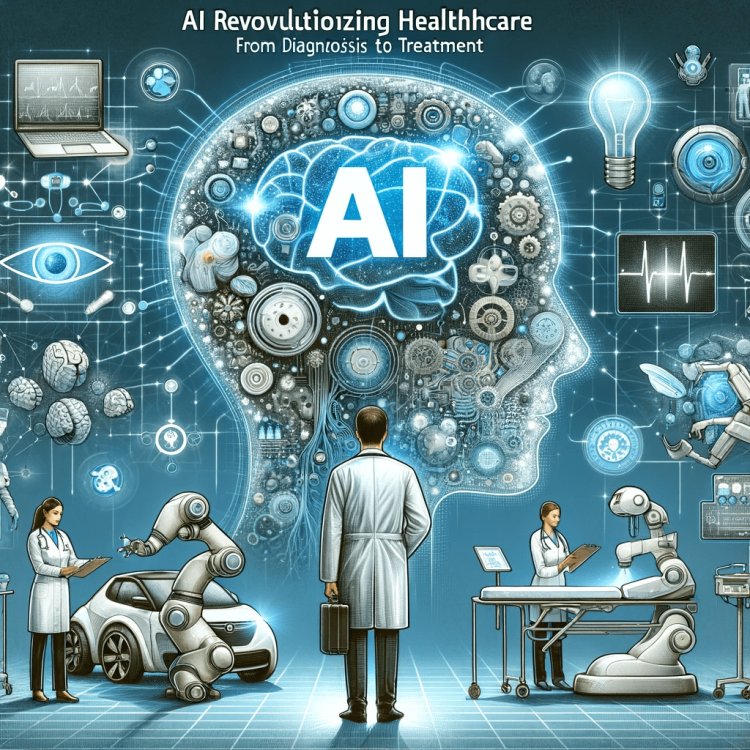
Artificial Intelligence (AI) has made significant strides in revolutionizing various industries, and healthcare is no exception. AI-powered healthcare services are transforming the way we diagnose and treat medical conditions. In this article, we will delve into the role of AI in healthcare, focusing on AI-based diagnostic and treatment methods.
One of the most notable applications of AI in healthcare is in disease diagnosis. AI algorithms can analyze vast amounts of medical data, including images from X-rays, MRIs, and CT scans, to detect anomalies and potential health issues. These algorithms can identify patterns and markers that might go unnoticed by human clinicians, leading to earlier and more accurate diagnoses.
AI also plays a crucial role in personalizing treatment plans. By analyzing a patient's medical history, genetics, and other relevant data, AI can recommend tailored treatment options. This approach can improve treatment outcomes and reduce adverse effects, as it considers individual variations that traditional one-size-fits-all approaches may overlook.
Telemedicine is another area benefiting from AI advancements. Virtual health assistants, powered by AI, can help patients schedule appointments, provide medication reminders, and answer basic health-related questions. These virtual assistants can enhance access to healthcare, especially for those in remote areas.
Furthermore, AI-driven predictive analytics can forecast disease outbreaks and resource allocation needs. This is particularly valuable during pandemics and public health emergencies. AI models can analyze data from various sources, such as social media, healthcare records, and weather patterns, to provide early warnings and guide decision-making.
In surgery, AI-assisted robots are becoming increasingly common. Surgeons can use robotic systems equipped with AI algorithms to perform intricate procedures with precision and minimal invasiveness. This results in shorter recovery times and reduced complications for patients.
Drug discovery is another area where AI shines. By analyzing vast datasets, AI can identify potential drug candidates and predict their effectiveness. This accelerates the drug development process, ultimately bringing new treatments to market more quickly.
AI also has a role to play in monitoring patient health in real-time. Wearable devices equipped with AI can continuously collect and analyze data, alerting both patients and healthcare providers to any concerning changes. This proactive approach can help prevent medical emergencies.
Natural language processing (NLP) is yet another AI application in healthcare. It enables the analysis of unstructured clinical notes, allowing for better data extraction and decision support. This can streamline administrative tasks and improve the accuracy of medical coding and billing.
Despite these remarkable advancements, there are challenges to address. Privacy and security concerns regarding patient data must be rigorously addressed to maintain patient trust. Additionally, the need for ongoing training and education of healthcare professionals in AI is paramount to maximize its potential.
In conclusion, AI-powered healthcare services are reshaping the medical landscape. From early disease detection to personalized treatment recommendations and drug discovery, AI is improving patient outcomes and transforming healthcare delivery. While challenges remain, the promise of AI in healthcare is undeniable, and its impact will continue to grow in the years to come.
What's Your Reaction?







